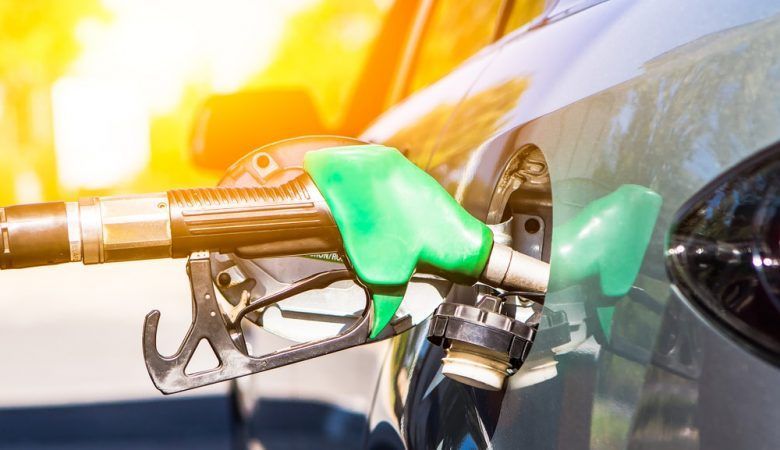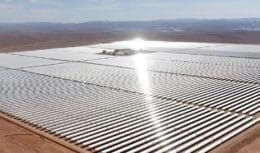
President of the Sugarcane Industry Union, Evandro Casti, evaluates the permanence of diesel and gasoline for the next 10 years in the automotive sector
According to the president of the Sugarcane Industry Union (Única), Evandro Casti, the energy transition in the automotive sector will demand coexistence with diesel and gasoline for the next 10 years in the Brazilian market.
- Giant of the oil and gas sector, Shell announced that it is looking for an engineer for Rio de Janeiro
- Energy company opens vacancies for engineer, technician and more for the region of Campinas, São Paulo
- Eneva is looking for professionals in the areas of IT, chemistry and tax for onshore and offshore vacancies
Recently, there was and still is a debate about banning the sale of fossil fuel vehicles. Bill 304/2017 was approved by the Constitution and Justice Commission (CCJ) of the Senate, taking the entire fuel producing sector by surprise, both the ethanol and oil and gas markets. The ordeal served as a wake-up call to the need to involve the issue of emissions throughout the industry.
According to Evandro, “There is a global concern with the need to reduce emissions, but what is defensible in Brazilian gasoline is its composition with ethanol. Brazilian gasoline only stands up because it has 27% ethanol, which makes it cleaner compared to other gasolines around the world”.
In the current scenario, ethanol is not able to supply the Brazilian demand, to replace gasoline. In 2019, the sector produced 32 billion liters of ethanol. It is expected that, with the application of RenovaBio, in 2030 production is 50 billion liters. But still, the amount will not be enough to completely displace the demand for gasoline.
According to the National Agency of Petroleum, Natural Gas and Biofuels (ANP), the consumption of type C gasoline in Brazil, in 2019, was 38,2 billion liters, down 0,56% compared to 38,3 billion in the previous year. Ethanol consumption was 22,5 billion liters, up 16,2% from 19,3 billion liters in 2018.












